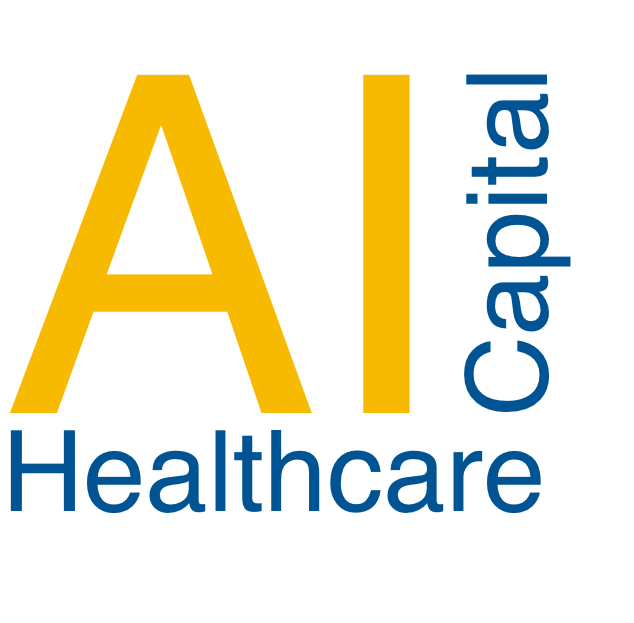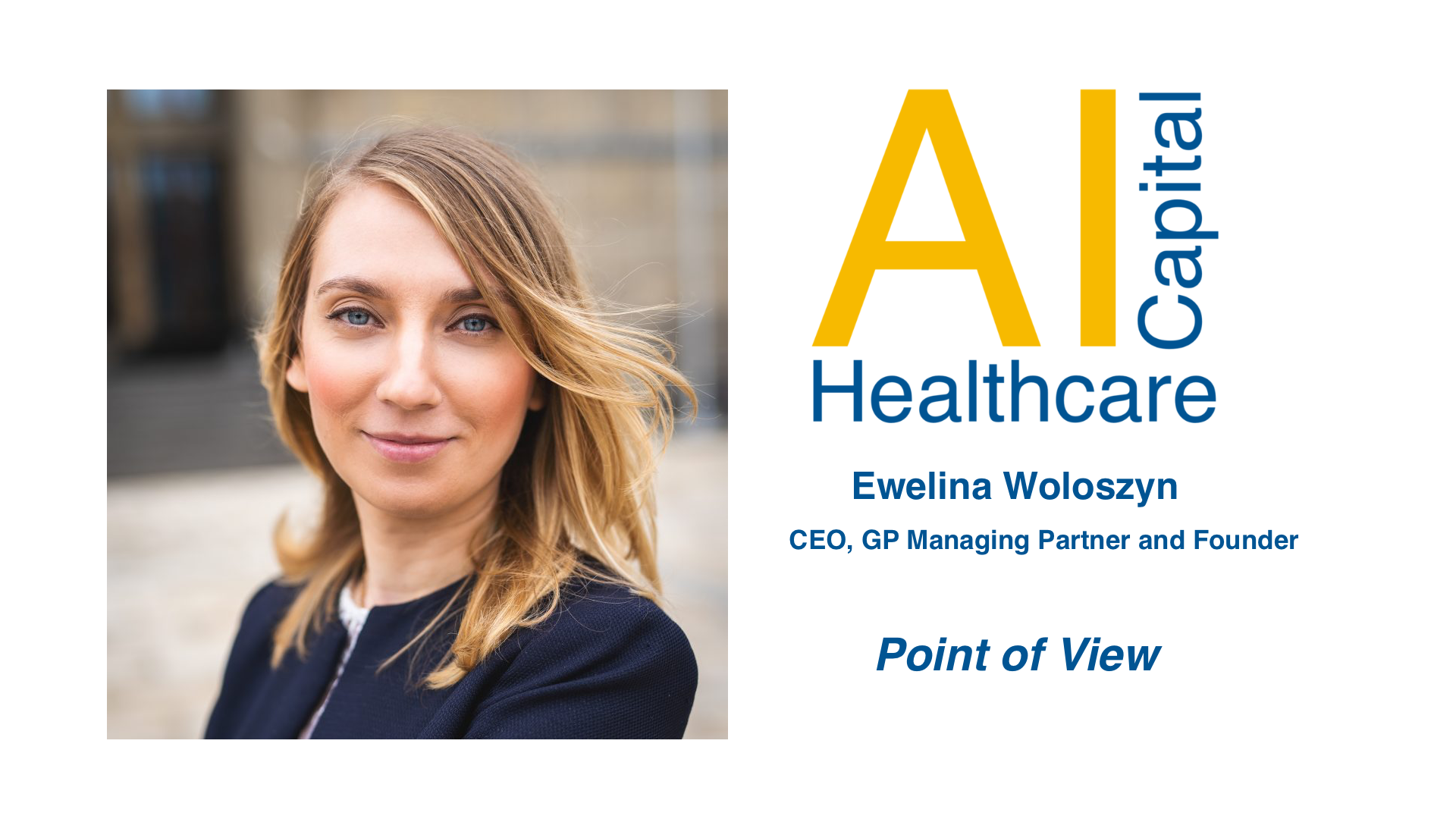by Ewelina Woloszyn, March 5, 2023
Among many issues out there that the healthcare industry is struggling, there are ways how AI could address the unconscious bias in this field.
Let’s start with the definition of unconscious bias as a pervasive issue in healthcare that can lead to significant disparities in health outcomes for marginalized communities. And how can they manifest? Bias can manifest in many ways, including differential treatment, misdiagnosis, and underdiagnosis. However, it is essential to recognize the potential for artificial intelligence (AI) investment to address these issues and improve healthcare outcomes for all individuals.
We do know that right data is the key! One of the most significant benefits of AI in healthcare is its ability to analyze vast amounts of data and identify patterns that humans might miss. This capability can be leveraged to address unconscious bias by providing objective analysis that is not influenced by subjective factors such as race, ethnicity, or gender. For example, AI algorithms can identify disparities in healthcare access and treatment based on demographic data, alerting healthcare providers to potential issues and allowing them to take corrective action.
AI can also help reduce diagnostic errors, which are often influenced by unconscious bias. Studies have shown that physicians are more likely to misdiagnose non-white patients, and women’s health concerns are often dismissed or minimized. If trained well, AI can provide a more accurate diagnosis by analyzing patient data, medical histories, and other relevant information without being influenced by unconscious biases.
Personalizing treatment plans is another area where AI can have a significant impact. Patients from different backgrounds may have different genetic and environmental factors that impact their health. AI algorithms can analyze patient data and identify these factors to create a personalized treatment plan that is more effective for each individual patient.
Unconscious bias in healthcare is a complex issue that can lead to significant disparities in health outcomes. However, there is a great potential in AI investment that has the potential to mitigate these issues by providing objective analysis, personalized treatment plans, and reducing disparities in clinical research. As AI technology continues to evolve, it is crucial to ensure that it is utilized in ways that promote equity and inclusivity in healthcare, ultimately leading to better outcomes for all patients.






